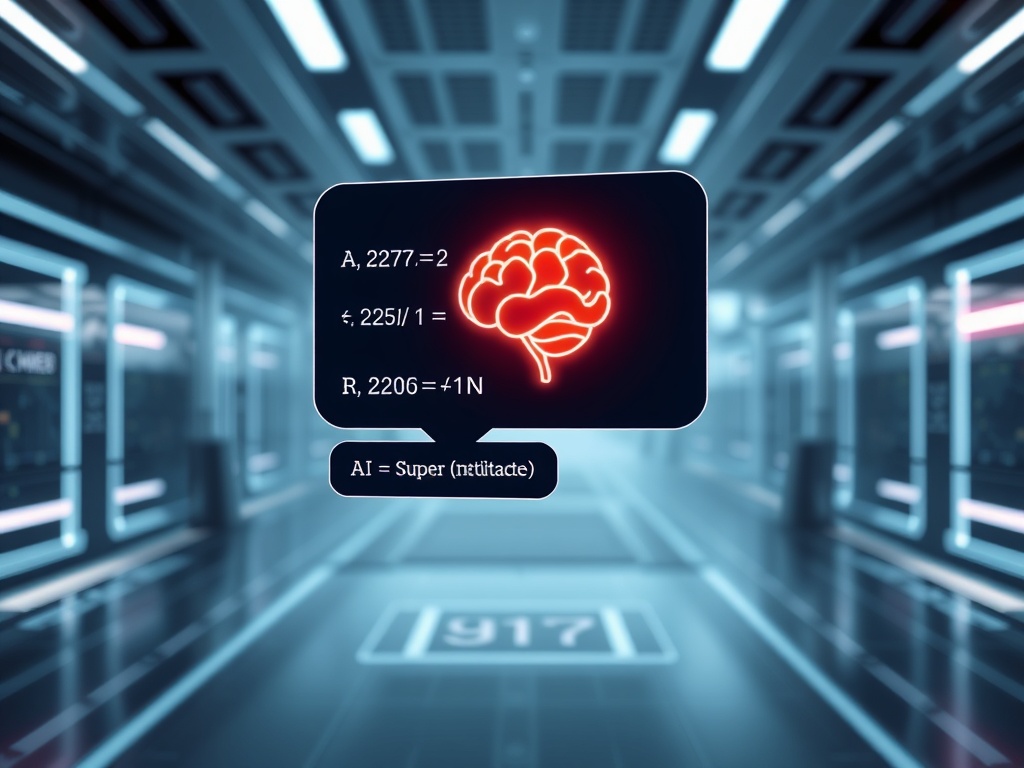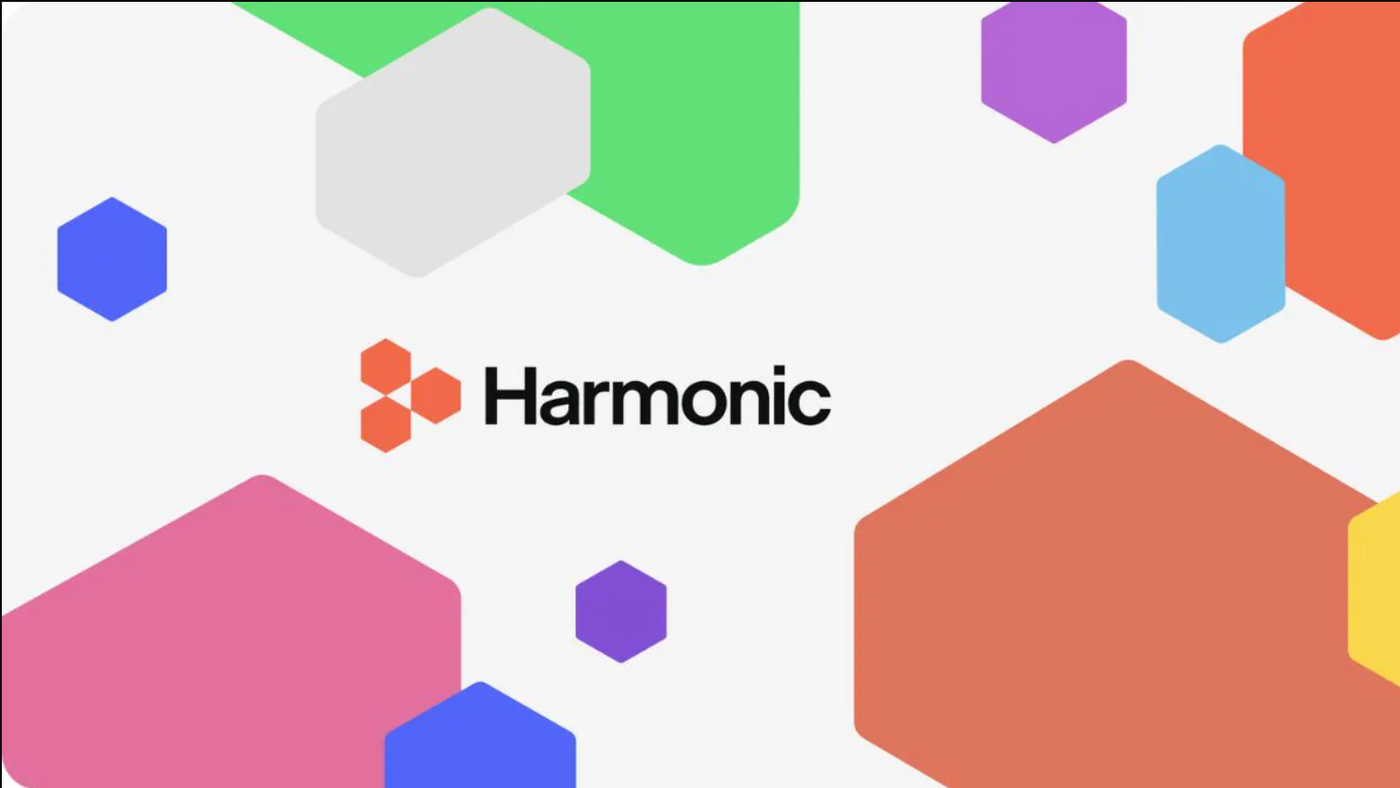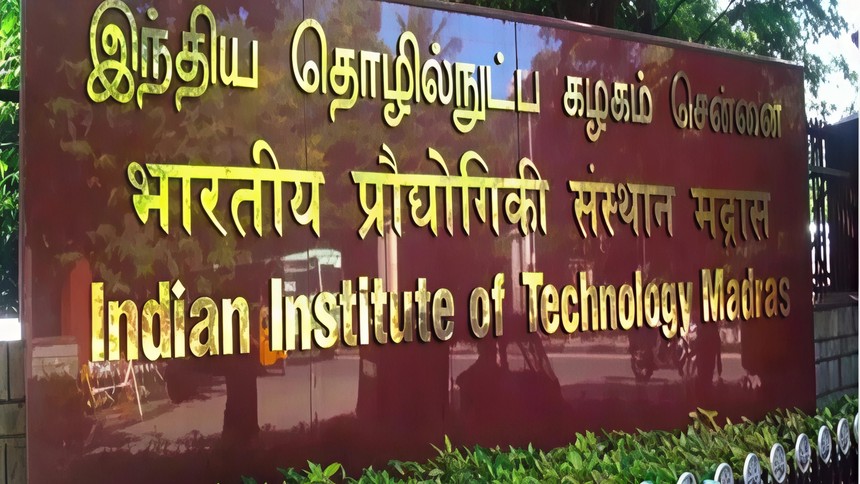Harmonic, the New York-based AI startup making waves in artificial intelligence circles, has just rolled out its brand-new chatbot app powered by its in-house Aristotle model. Available now in beta for both Android and iOS users, this release marks a major step forward in AI-driven interaction, especially for those looking for more than just casual conversation. What makes Aristotle stand out is not just its user-friendly mobile interface but the bold claim behind its core technology that it is hallucination-free.

In AI terms, hallucinations are when a chatbot confidently delivers responses that sound right but are factually incorrect. It is one of the biggest limitations plaguing even the most advanced large language models today. Whether it is ChatGPT, Gemini, or Grok, all models have encountered issues where they misinform users or make up facts. Harmonic says Aristotle does not do that. The company believes their model has reached a new threshold in reasoning and verification, and they are calling it mathematical superintelligence.
According to the company, Aristotle was designed from the ground up to prioritize logical coherence. That means every response the chatbot gives is cross-verified using its own built-in algorithmic checks. Harmonic claims that the model recently achieved gold medal-level performance at the 2025 International Mathematical Olympiad. This is a prestigious benchmark in the world of problem-solving, especially for an AI model. Few models have publicly demonstrated the ability to generate formally verified solutions to novel, complex mathematical problems, but Harmonic says theirs does.
CEO and co-founder Tudor Achim stated that their algorithmic architecture is what places Harmonic ahead of most competitors in the AI space. Their goal is to deliver precision and verifiability, not just speed and fluency. While this sounds like a big promise, it aligns with the growing demand for AI tools that can be trusted in education, engineering, and scientific problem-solving areas where accuracy is not optional.

What also adds weight to this launch is that Harmonic recently raised a massive 100 million dollars in Series B funding. This injection of capital is expected to accelerate the platform's development, including upcoming web-based access and a full-featured API, allowing developers to integrate Aristotle’s engine into their own tools and workflows.
Despite the bold claims, the company has not yet released public benchmark scores or peer-reviewed testing results. This leaves some room for skepticism, especially as many AI experts argue that hallucinations cannot be fully eliminated in large-scale models. Still, the direction Harmonic is taking is a promising one. A chatbot that can perform like a math olympiad medalist, verify its own reasoning, and hold coherent conversations all while staying grounded in facts would be a game-changer for both enterprise users and casual learners.
As more users join the beta through Android and iOS, the real-world performance of Aristotle will soon be tested at scale. Whether it truly stands up to its promise of zero hallucinations remains to be seen, but the ambition behind it is loud and clear. Harmonic is not just building another chatbot, it is trying to reshape the expectations from conversational AI altogether.
For more updates on AI breakthroughs, smart apps, and emerging tech, follow Tech Moves on Instagram and Facebook.














